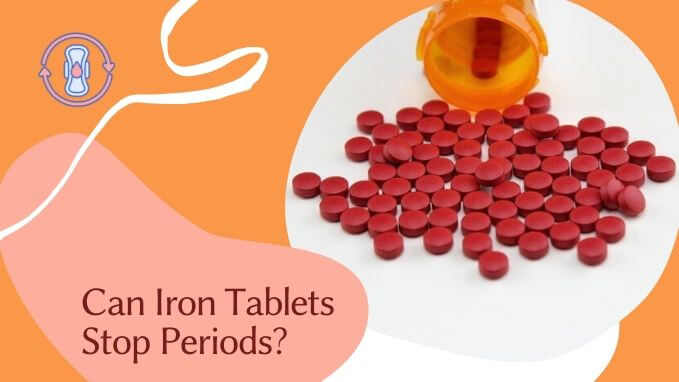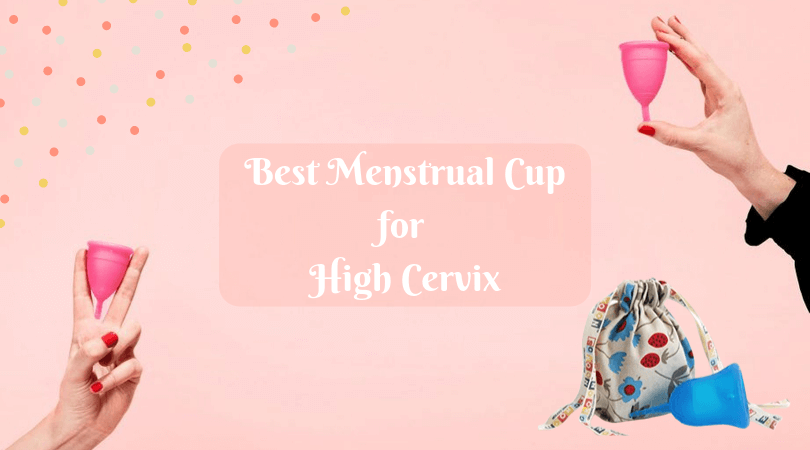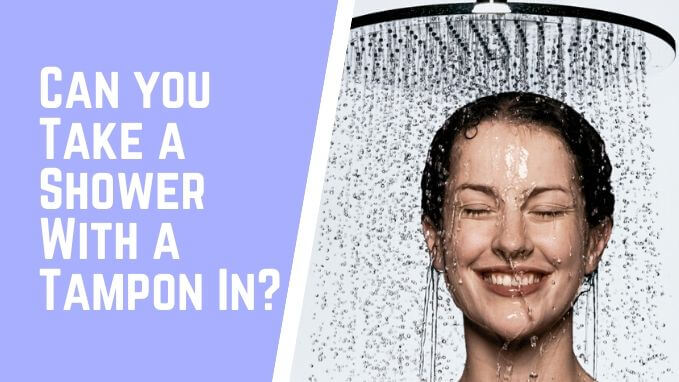Can I Use a Tampon with an IUD – Know all about Tampons and IUD
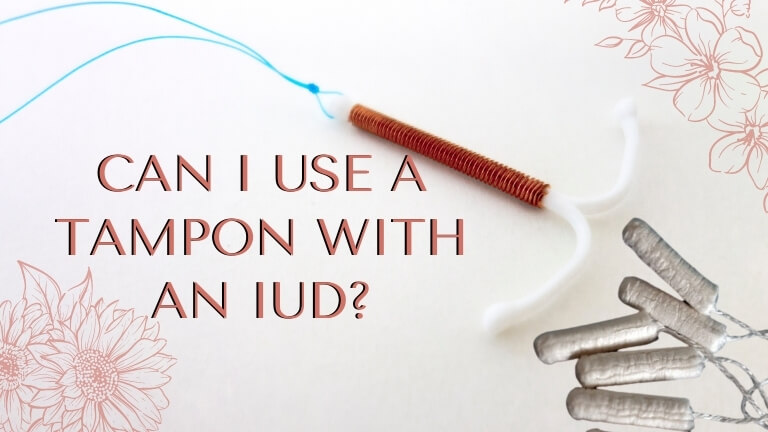
It’s fathomable that you would be skeptical and extra careful about the things that go in your vagina, considering it is so intricately delicate. When it comes to the vagina, people are still confused about how things work down there. One of the most under-discussed topics that have left many women wondering is the IUD (Intrauterine device), a T-shaped device inserted in your uterus, a welcome alternative to birth control pills, whether period products, mainly tampons, may cause some problems down there.
In case you are wondering the same, the answer is YES. You CAN use tampons with an Intrauterine device inserted.
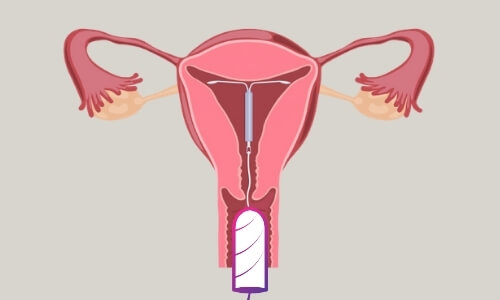
Can I Use a Tampon With an IUD?
Tampons and IUDs are like distant siblings. IUDs are placed in your uterus, and tampons are put in the vagina. Both are separated by the Cervix and won’t come in contact as both are placed in different places, unless the threads or strings (yes, IUDs have nylon strings hanging at the end) may get stuck to the tampon while removing it. As long as the strings of your IUD aren’t as long, there is no issue in using tampons, as in rare cases, they might get stuck to the tampon and cause your IUD getting pulled, which is why you should take extra care while removing tampons or other products like a menstrual cup. Don’t worry; your IUD cant get ‘pulled off’ so easily; however, it may cause some pain. Prolonged use of a tampon is not advisable as well; you should never leave a tampon in more than 8 hours.
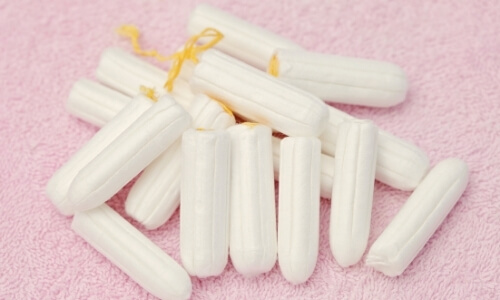
Another question that may be pestering you is whether you can swim after you insert an IUD? It is advisable to wait for 3 days before you dive into a pool or the sea, to avoid risking an infection.
Usually, the best time to insert an IUD is during the end of your periods, which leaves plenty of time for the question of using tampons to arise. Even if that is not the case, there is no issue in using your period products, like tampons, with either type of IUD – hormonal (Liletta, Mirena or Skyla) or copper (such as ParaGuard). Hormonal IUDs make your periods lighter, whereas copper IUDs may cause it to get heavier and crampier. It is not a permanent change, and your period may be back to normal within six months.
When Should You Not Use a Tampon?

- It has not been more than 6 months since you gave birth
- You’re using vaginal medication (Consult your gynecologist)
- You are not on your period but are having vaginal discharge if even its a lot
- You have any kind of symptoms of an infection such as irritation, smelling discharge, or itching down there
- If you might have a history of toxic shock syndrome
After the Insertion of an IUD, When Should You Visit the Doctor?

- You have lower abdominal/pelvic pain.
- You have an unusual vaginal discharge.
- You miss your period.
- You feel your device is loose or coming out.
- You have pain during intercourse.
- Irregular Bleeding
- You feel the ending of the “threads.”
If you experience extreme discomfort or experience the problems as mentioned above, you should abstain from sex or use a condom. If by any chance, you missed your period, you might require urgent contraception; therefore, it is advisable to visit a doctor or a nearby clinic in case of emergencies within 24 hours of these symptoms. I hope this article would have helped you. Remember, always consult an expert whenever in doubt. Be safe, Be healthy.


